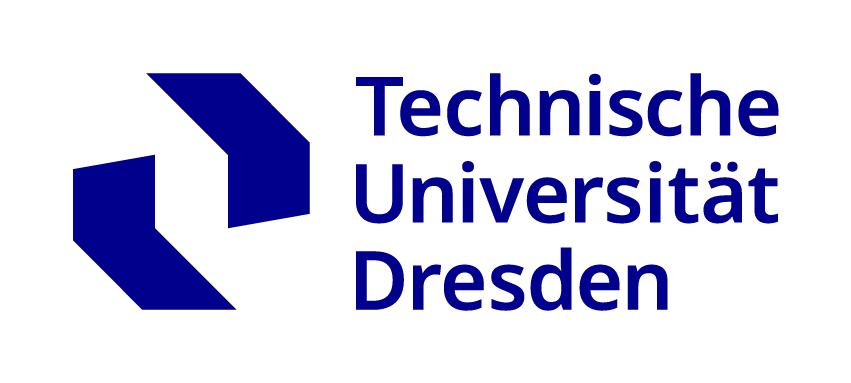Chair of Space Systems (RFS) (Professorship)
Parent Units:Technische Universität Dresden (TUD)
German name: "Professur für Raumfahrtsysteme (RFS)".
Contact
| web: | https://tu-dresden.de/ing/maschinenwesen/ilr/rfs | |
| email: | ||
| phone: | +49 (0)351 463-38125 | |
| fax: | +49 (0)351 463-38126 | |
| postal address: | Technische Universität Dresden (TUD), Chair of Space Systems (RFS), 01062 Dresden, Germany | |
| office address: | Technische Universität Dresden (TUD), Chair of Space Systems (RFS), Marschnerstraße 32 (Room 117), 01307 Dresden, Germany | |
| partner: | Technische Universität Dresden | |
Expertise
Space … is the technology driver for high-tech developments: smaller, lighter, more efficient and extremely energy-efficient are not only buzz-words but the usual requirements in every space project. Our space systems chair offers a fundemental research and education programme from the basics of space and satellite technology towards scientific payloads and experiments. Projects are carried out together with students that are later flown into space (e.g. on our own satellites, sounding rockets or even on the international space station ISS).
Our research focuses on new and innovative propulsion systems (e.g. miniaturised ion thrusters, plug nozzles), energy-systems and miniaturised gas sensors. We also work together with industry on terrestrial Spin-Offs of our space technologies. Basic research on revolutionary concepts („Breakthrough Propulsion Physics“) towards the spaceship of the future is also part of our activities.
Our research activities are devided into three working groups:
- Space Propulsion and Advanced Concepts
The focus of this working group is highly innovative space propulsion systems and the development of our own sounding rocket as a platform for chemical rocket engines. Our research topics include miniaturized electric thrusters (ion thrusters, field emission electric propulsion FEEP) for high precision attitute- and orbit control (e.g. used in formation flying) as well as plug nozzles for the sounding rocket to automatically adapt to ambient pressures. We are also looking at the boundaries of present knowledge to explore new concepts and ideas for future revolutionary concepts („Breakthrough Propulsion Physics“). ...more - Small Satellites and Spin-Off Technologies
This group focuses on the development of small satellites (CubeSats) as well as scientific payloads, especially miniaturized gas sensors. Space experiments are not only developed for our own satellites but have also flown on the international space station ISS as well as on several sounding rockets (REXUS). The gas sensors are also developed as a spin-off towards medical and environmental applications. ...more - Space Power Systems and Mobile Applications
Here we investigate a number of thermoelectric generators (classical TEGs, Stirling converters, etc.) for their application in space. This includes qualification, system studies to complement other energy systems and the use of new materials and production techniques (e.g. screen printing). Also here we are looking for spin-off applications towards cars and waste heat conversion. ...more
Affiliations
Parent Units
| name | type | actions |
|---|---|---|
| Institute of Aerospace Engineering (ILR) | Institute |
Last Update
Last updated at: 2017-01-06 14:10

